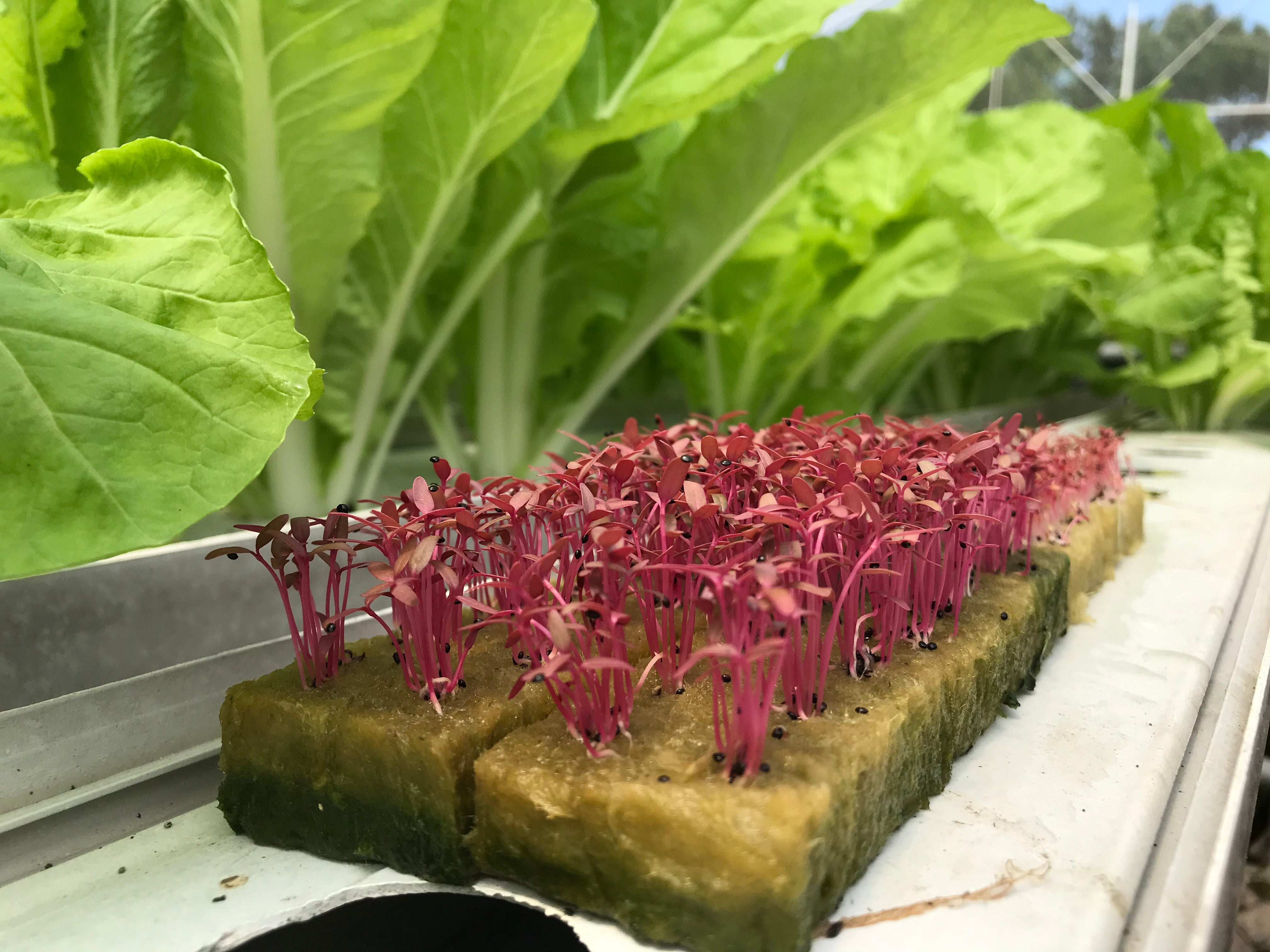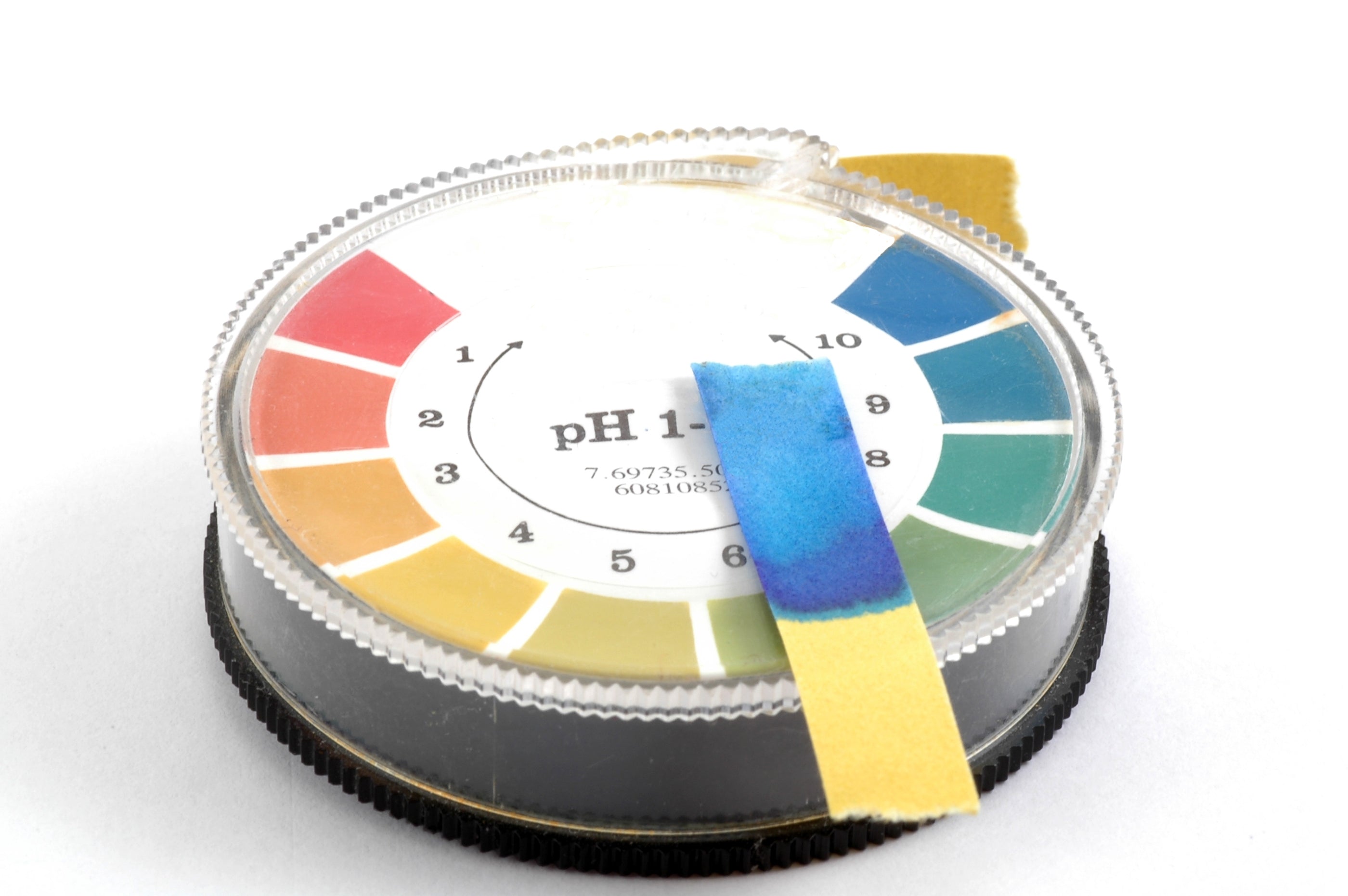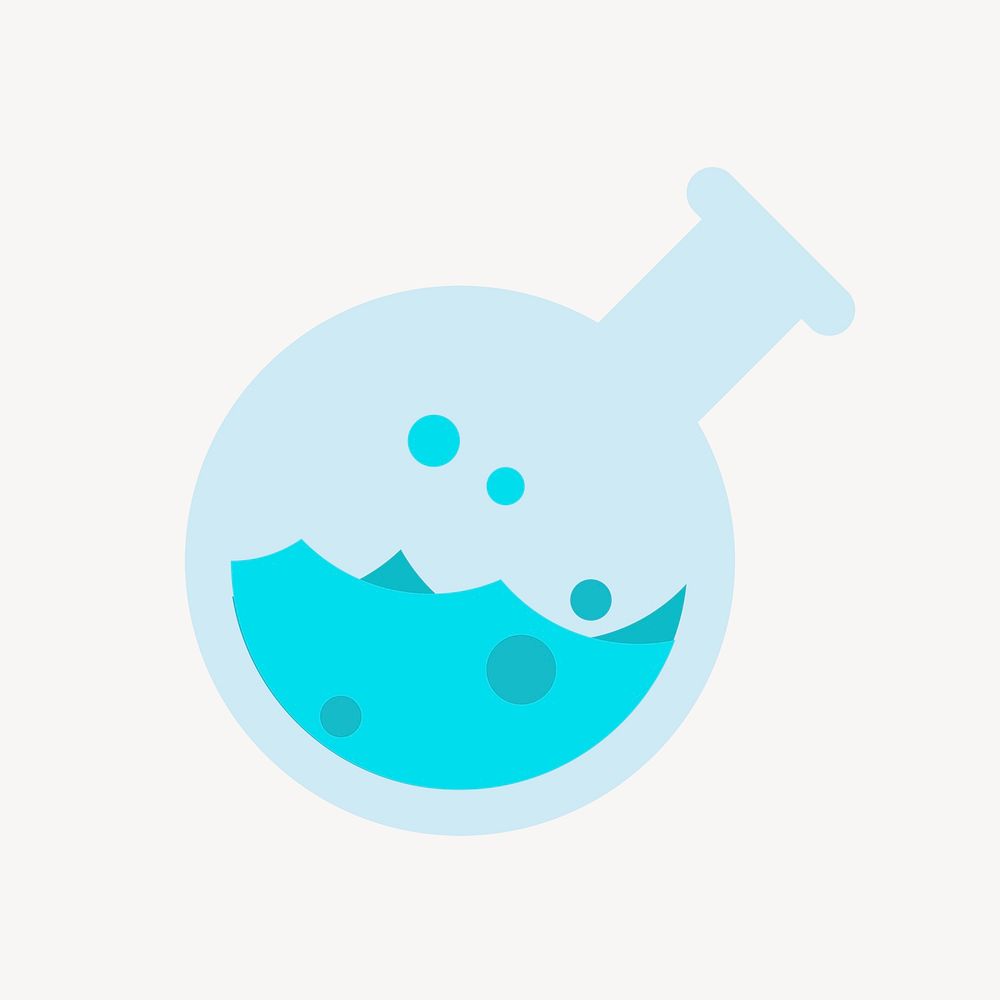Hydroponic Water Temperature: The Basics
Understanding the Basics of Hydroponic Water Temperature
So, you’ve started your hydroponic garden and you’re growing wonderful, fresh vegetables, but at some point you notice they’re not doing as well as you’d hoped. You’ve tried changing up your nutrient solution, adjusting pH and EC, but this doesn’t seem to help. You’ve checked your plants for any signs of pests and diseases, but all your plants are healthy and there are no pests in sight. Everything seems to be fine, but your plants are still not doing the best they can.
If you’ve had moments like this, it’s highly likely you need to check and adjust the water temperature in your hydroponic system. There is a well-established relationship between water temperature and plant growth. Hydroponic water temperature influences several important factors, such as oxygen solubility and plant metabolic processes. When hydroponic water temperatures rise, the rate of metabolic reactions occurring in plants will increase; however, levels of available oxygen will start to decline because plants will use up available stores faster than they are replenished due to the elevated plant metabolism.
While optimal hydroponic water temperature may vary between different plants, most plants do best in temperatures between 18 and 27ºC (65–80ºF). This temperature range provides an ideal setting for healthy roots and optimal nutrient absorption. Cool-season crops, such as lettuce, kale, spinach, leafy greens, and strawberries prefer temperatures towards the lower end (18–21ºC or 65–70ºF), while warm-season crops, like tomatoes, peppers and cucumbers, grow best in temperatures closer to the higher end (21–27ºC or 70–85ºF). A top tip is when you top up your reservoir, make sure the water you’re adding is the same temperature as the nutrient solution in the reservoir—this way the plants’ roots will not suffer any sudden temperature shifts.
Maintaining hydroponic water temperature can be challenging, especially in the heat of summer and the cold of winter, but there are a few things you can do to make sure your hydroponic water temps stay on point.

One of the simplest ways to cool your hydroponic water temperatures down is to paint the reservoir white. White paint will help reflect the sunlight off the tank, which means it won’t absorb the heat. Another simple and inexpensive solution is to keep a dozen ice packs on hand and add one to the reservoir every 15 minutes until the desired temperature is reached. You can also use frozen water bottles. This method may become time-consuming when temperatures are especially high, though, and it’s not really a viable option for larger systems. The ultimate solution would be purchasing a water chiller. It is quite an investment, but chillers can cool down your reservoir quickly, and they do it automatically, so you won’t have to add ice packs all the time and watch the temperature. Water chillers operate a coil placed inside your reservoir. When the temperature hits a certain level, the machine kicks in and chills the coil, which then cools your solution.
If you’re growing indoors, you likely won’t have to heat up your hydroponic water. But if your hydroponic water temperature falls below 18ºC (65ºF) regularly, you can purchase a hydroponic or an aquarium water heater. They are really easy to use. Simply slip them into your hydroponic water reservoir, turn them on, and let them do their job. Once the ideal temperature is reached, the heater shuts off automatically. When your hydroponic water temperature starts to cool down again, the unit will turn back on and heat it up again.
For more great content check out the Proponics YouTube channel below!

By Max Barnes
Max Barnes is a long-time homesteader and author. Max grows the majority of his own food year-round using a variety of different methods, including hydroponics. Hydroponic gardening plays a huge part in his homestead and self-sufficiency goals.




